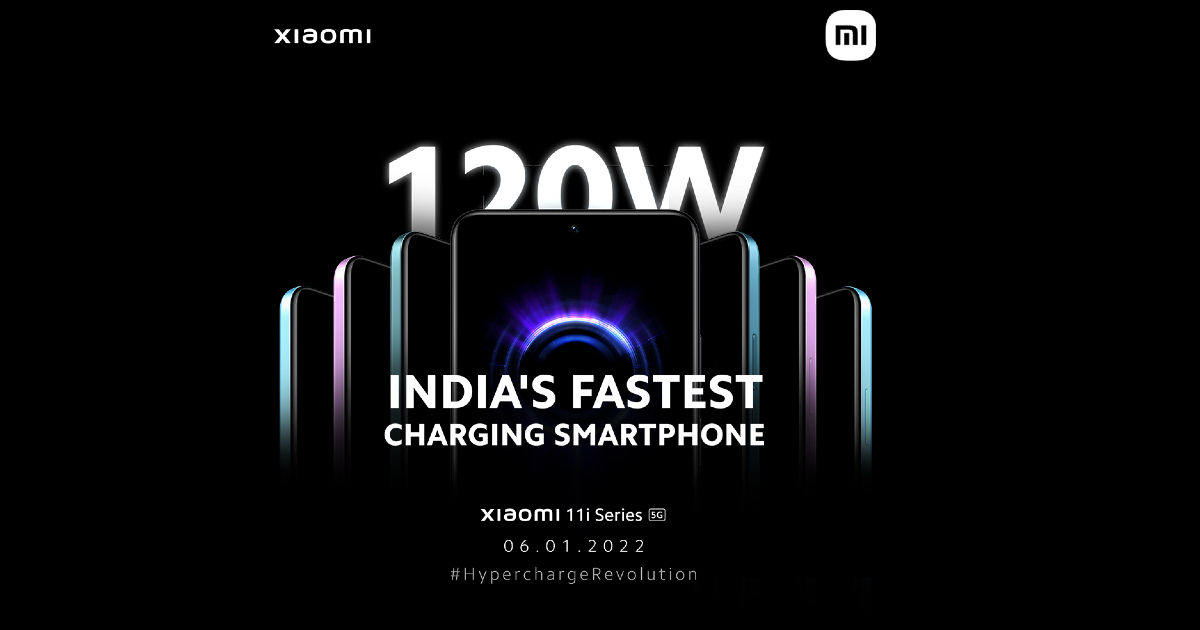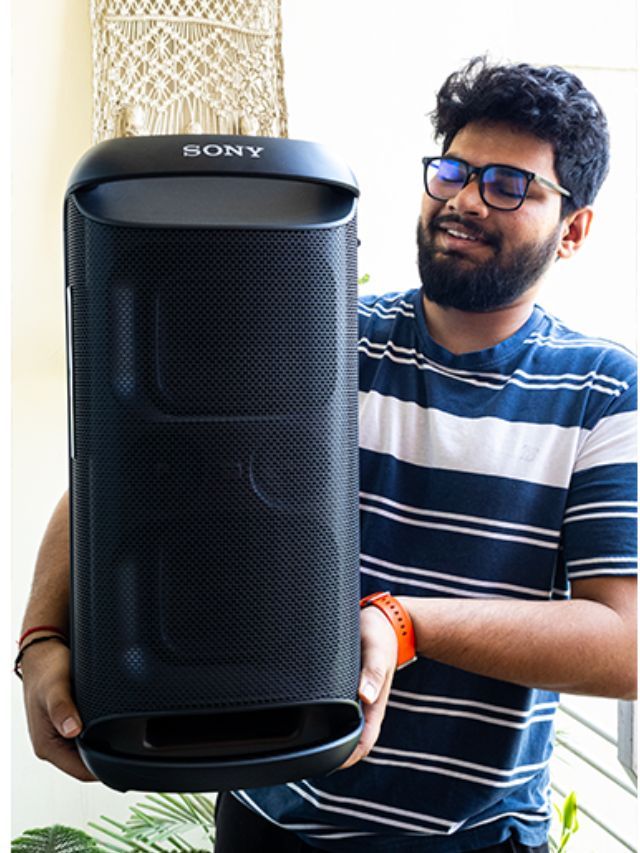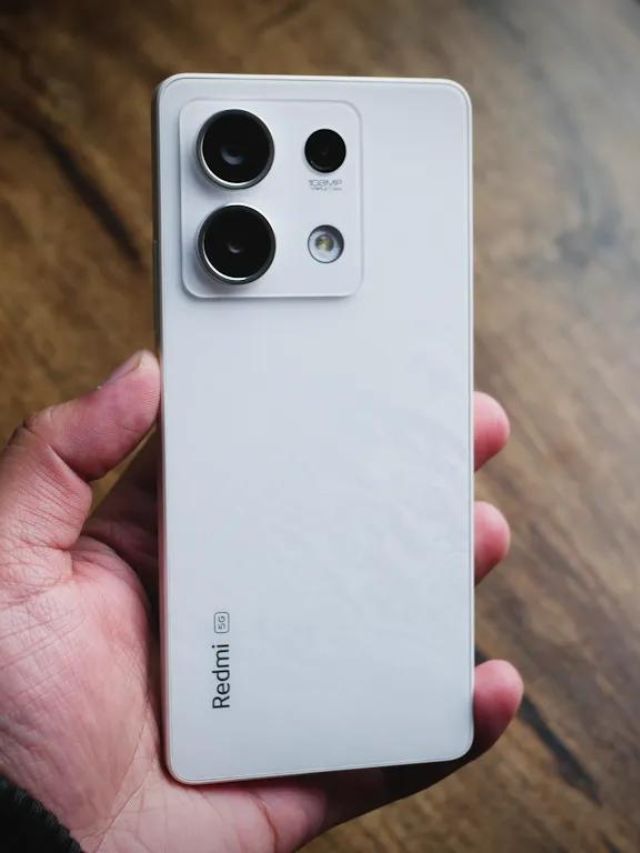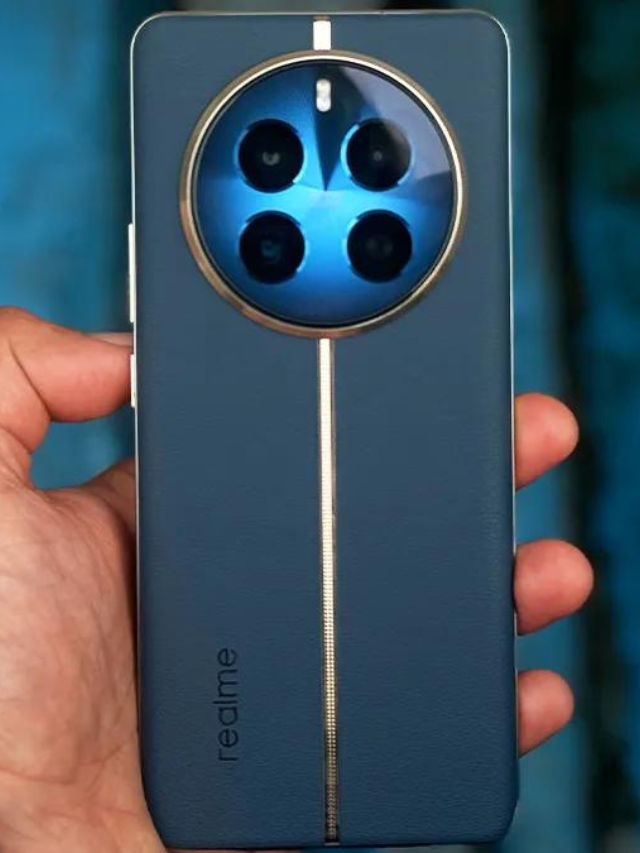
Now that Mi flagships have taken the name of its original brand, Xiaomi phones are here to stay. Kickstarting the year for the company will be the Xiaomi 11i, that’s going to succeed the Mi 10i (review launched around the same time last year. And while the Mi 10i’s USP was 5G support and an 108MP camera, it’s successor is going to do something radically different. As the teasers show, the Xiaomi 11i is confirmed to feature 120W fast charging, which as Xiaomi demonstrated, will charge the phone to 100% in just 15 minutes. Now, we have confirmation of the brains inside the upcoming smartphone — The Xiaomi 11i is going to be powered by the new MediaTek Dimensity 920.
“The Xiaomi 11i is going to be the first, or among one of the first to feature the MediaTek Dimensity 920 SoC,” Raghu Reddy Chief Business Officer, Xiaomi India told Mysmartprice ahead of the teasers going live today.
The Dimensity 920 was announced back in August and has been powering devices launched in China. The Mi 11i will be amongst the first to bring the 5G chip to India. Xiaomi has been working with MediaTek to develop the Dimensity 920 for Indian users since its launch in August, and the result is the Mi 11i.
While Raghu held back on divulging more juicy information on the charging tech and other features of the phone, we got a good glimpse of what the Dimensity 920 has to offer from Anku Jain, Managing Director, MediaTek India.
MediaTek Dimensity 920: What’s on Offer?
The Dimensity 920 is going to be the mid-range SoC to look out for, in the first half of 2022. It features all-round upgrades over the previous Dimensity 800 series, offering a 15% improvement in performance with improved power efficiency due to the 6nm manufacturing process. Furthermore, the Dimensity 920 introduces support for adaptive refresh-rate displays, along with native HDR imaging with a 4K Video Capture Hardware engine. Phones running on the Dimensity 920 can offers cameras with up to 108MP sensors, and can be fitted with flagship components like UFS 3.1 storage, LPDDR5 RAM and 120Hz displays.
For performance, the Dimensity 920 features high-performance Cortex-A78 cores clocked at 2.5GHz along with energy-efficient Cortex-A55 cores clocked at 2GHz, arranged in a 4+4 setup. The clock speeds are capped much lesser than what they are designed for, and that could perhaps be to keep a lid on the thermals. It also features a 4-core ARM Mali G68 MP4 GPU, which MediaTek claimed is powerful enough to handle all the AAA games coming out this year.
The Dimensity 920 is also a 5G SoC. It supports 5G networks on both SIMs in both standalone and non-standalone modes. There’s also support for WiFi 6 and Bluetooth 5.2.
Xiaomi 11i Series: What We Know So Far?
Just how much of it will be leveraged by the Xiaomi 11i? From what we know so far, it’s coming with a 120Hz AMOLED display with 1200nits peak brightness. and if the rumour mills are correct, then a 108MP camera as well. But what most of us are looking forward to is the 120W fast charging on the Xiaomi 11i series.
The company did not disclose the details into what went into developing the charging technology, the risks involved and the long-term benefits, but we do know that the Xiaomi 11i series will feature a 4500mAh battery that can be topped up in just 15 minutes. The charging tech isn’t new to the world per se. It was there in previous globally-launched Xiaomi flagship phones like the Xiaomi 11T Pro, but this is the first time it’s coming to India.
Notably, the Xiaomi 11i series will include the Xiaomi 11i and the Xiaomi 11i Hypercharge, both based on the newly unveiled Redmi Note 11 series in China. The Redmi Note 11 Pro is launching as Xiaomi 11i while the Redmi Note 11 Pro+ is launching as the Xiaomi 11i Hypercharge in India. The specs and design is likely going to remain the same, with minor differences made for Indian conditions. The Xiaomi 11i series is launching in India on January 6. Are you excited for the launch?











